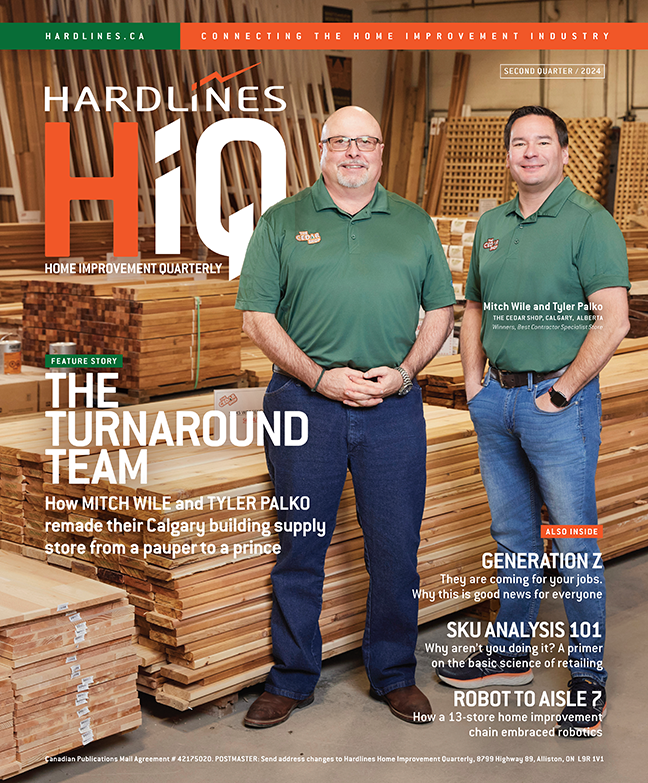
Martina Pileggi never figured, when she got COVID for the second time, that she’d be in for the long haul. But that’s exactly what hit her: a version of the virus that is still dogging her almost a month after she should have been symptom- and virus-free.
As senior director of human resources for the Hillman Group Canada, the hardware and fastener company, Pileggi and her team have been on the front lines getting the company through the pandemic. That includes ongoing communication with the staff. Part of that communication involved a regular series of town hall-style meetings at the end of 2021. On the way back from one such meeting shortly before Christmas, she had a strong urge to secure rapid tests for the company. After speaking with Hillman Canada’s president Scott Ride, the decision was made to ensure a safe entry back to work for all staff and by the end of the year, Hillman had enough tests for the entire company.
Somewhere along the way, she caught COVID herself—for the second time. “I am double-vaxxed and everything, but I still got sick.”
Pileggi heads up an HR team of six, with Hillman’s safety specialist Katelyn Smith and HR manager, Nailah Tyrell, running the company’s COVID protocols. When the staff came back to work on Jan. 3, after a week off before Christmas, she was forced to stay home herself.
Those tests purchased turned out to be vital for screening the over 500 employees across the country working in their distribution and manufacturing facilities, especially as a few people in many locations tested positive. Those tests were done every Monday morning throughout January. After missing the Jan. 3 date due to her illness, Pileggi was on the job every Monday morning at 6 a.m.
The tests were important as well for the staff who were healthy, as the Omicron wave was surging. “We told staff that ‘we’re going to keep you safe. We’re going to rapid-test you,’” she says.
The entire month was spent chasing after the virus, a process made all the more exhausting by her being struck with long-haul symptoms that have left her debilitated weeks after she should have been virus-free. “I’ve got my sense of smell back, but not my sense of taste, and my brain still gets foggy sometimes.” All that combined resulted in a month that was nothing less than “a disaster,” she recalls.
“It was the best thing because our staff were very thankful that we’re able to keep them safe. We got them back working. I’m happy to say February’s off to a much better start. Our cases are more manageable now.”











































